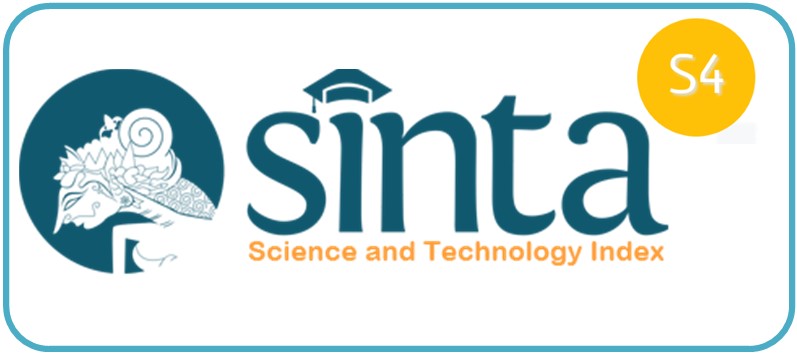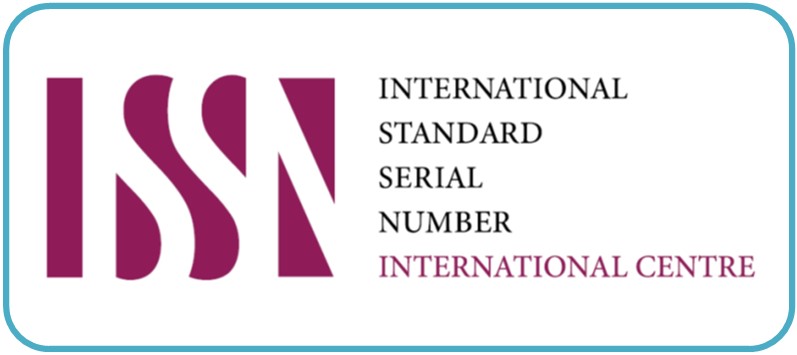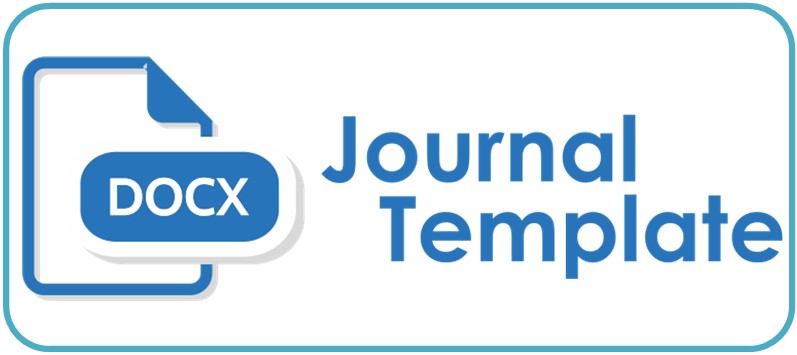SUI GENERIS MANAJEMEN APLIKATIF TAHFIDZ AL-QUR’AN DI SEKOLAH MENENGAH ATAS TAKHASSUS AL-QUR’AN
Abstract
This study seeks to reveal the management of the tahfidz application at SMA Takhassus Al-Qur'an, with qualitative research, using a descriptive explanatory case study strategy, analyzed using a comparative method. Earning research; Students who memorize the Al-Qur'an at SMA Takhassus Al-Qur'an are emphasized to start memorizing from the 114th, 113th, 112th chapters, placing Al-Baqarah's letter as the end of their memorization. To make it more optimal they are placed in dormitories and memorizing activities are integrated into the school curriculum. The method of memorizing the Al-Qur'an used by the institution. When viewed from the theory of learning to use two hemispheres of the brain, both emphasize optimizing the use of both hemispheres to memorize the Qur'an. This assessment is based on an analysis which states that there is harmony or suitability between the characteristics of the two methods used by each institution with the characteristics of the right and left brains. This suitability is shown by the presence of an unordered memorization model (right brain) and a time target (left brain)..
Downloads
References
Anwar, Muhamad Ali, "Revitalizing the Method of Repetition in the Recitation of the Qur'an". Istawa : Jurnal Pendidikan Islam, Vol 4, No 2 (2019) : 156–167.
Baihaq, Metode Menghafal Alqur’an Pada Kegiatan Ekstrakurikuler Tahfizh Siswa Madrasah Ibtidaiyah Al-Hamid Kota Banjarmasin, Jurnal Al-Ghazali, Vol 1, No 1, (2021): 64-74.
Barnawi et al. "Analisis Standar Penilaian Pendidikan". Eduvis : Jurnal Manajemen Pendidikan Islam, Vol. 7, No. 1, (2022): 29-36.
Hanifa, Afriza, "Tren Menghafal Alquran Makin Berkembang", dalam https://www.republika.co.id/
Hasan, Nur, dkk., "Meningkatkan minat menghafal Al-Qur’an", Psycomedia: Jurnal Psikologi, Vol. 1 No. 2 (2022): 46-53.
Hidayati, Nur, Modul Interaksi Manusia Komputer, Jakarta: Bina Sarana Informatika, 2017.
Kaltsum, Lilik Ummi, "Fenomena Menghafal Al-Qur’an dalam Pendidikan Formal", dalam http://lilikummikaltsum.lec.uinjkt.ac.id/
Santrock, John W., Psikologi pendidikan, terj. Tri Wibowo Jakarta: Kencana, 2004.
Saprin, M. Yahya, dan A. Syarif, "(Efektivitas Penerapan Metode Menghafal Al Qur’an terhadap Kemampuan Hafalan Santri di Pondok Pesantren Al Imam Ashim Makassar)", Jurnal Istiqra, Vol. 10 No. 1 (2022): 85-94.
Setianto, G., & Risdiani, "Metode Menghafal Al-Qur'an bagi Anak Berkebutuhan Khusus", Jurnal Empati: Edukasi Masyarakat, Pengabdian dan Bakti. Vol.3, No.1, (2022): 54-59
Supriono., I. A., & Rusdiani, A., "Implementasi Kegiatan Menghafal Al-Quran Siswa di LPTQ Kabupaten Siak". Jurnal Isema, Vol. 4, No. 1, (2019) : 56-64
Ulfah, Rakhmawati, "Peran Orang Tua dalam Meningkatkan Hafalan Al Quran Anak Usia Dini Pada Masa Pandemi Covid 19 Di RA Masyithoh XV Pangenjuru Tengah". Jurnal Al Athfal, Vol. 5 No.1, 2022: 41-50.
Yin, Robert K., Studi Kasus: Desain dan Metode, terj. Dj'auzi Mudzakir, Jakarta: Raja Grafindo Perkasa, 2002.

This work is licensed under a Creative Commons Attribution-ShareAlike 4.0 International License.
Copyright Notice
1. Authors retain copyright and grant the journal right of first publication with the work simultaneously licensed under a Creative Commons Attribution License (CC BY-SA 4.0) that allows others to share (copy and redistribute the material in any medium or format), and adapt (remix, transform, and build upon the material) the work for any purpose, even commercially with an acknowledgement of the work's authorship and initial publication in this journal.
2. Authors are able to enter into separate, additional contractual arrangements for the non-exclusive distribution of the journal's published version of the work (e.g., post it to an institutional repository or publish it in a book), with an acknowledgement of its initial publication in this journal.
3. Authors are permitted and encouraged to post their work online (e.g., in institutional repositories or on their website) prior to and during the submission process, as it can lead to productive exchanges, as well as earlier and greater citation of published work (See The Effect of Open Access).








